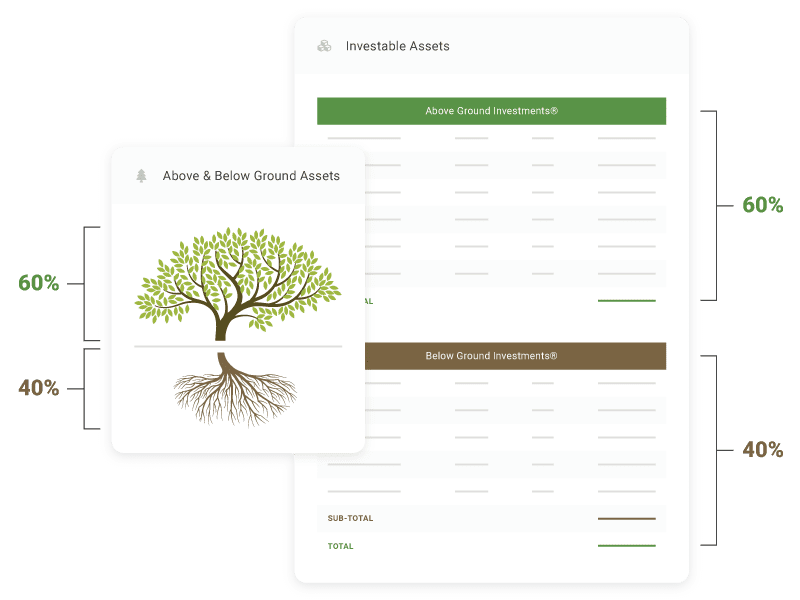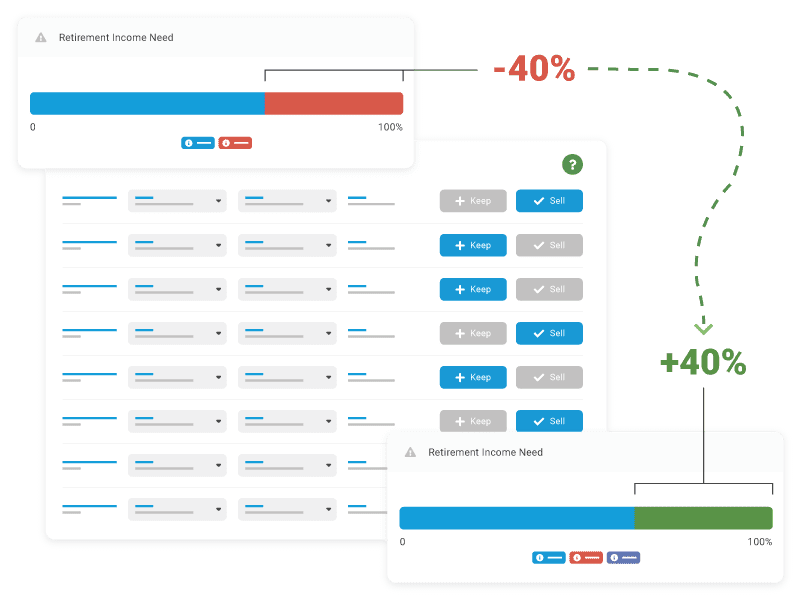Tax season is here, and it’s time to start filing your tax return before the tax filing deadline of April 15th. However, it’s important to do your research to understand if there have been changes to the tax codes. Let’s take a look at an overview of the various taxes you must file, allowable deductions, the changes you may see in 1099 for 2023, and what to do if you receive an audit notice from the Internal Revenue Service.
What Are the Different Types of Taxes You Need to File?
From income tax to payroll taxes, there are many types of taxes you will need to consider when filing your tax return. Let’s explore an overview of the main types of taxes that need to be filed to ensure compliance with the law.
Pay Income Tax
Most everyone working in the United States is required to pay income tax. Federal income tax is imposed by the government on all individuals earning an income from any source. Federal income taxes apply to wages earned from employment, profits from businesses and investments, and pension benefits or annuities. These wages “fund public services, pay government obligations, and provide goods for citizens.” Depending on your location, the income tax rate may vary, but it is calculated as a percentage of the total income earned throughout a given year.
If you are a contractor, you must file and pay your income tax at the end of the year. For others, such as those who work for a company, income tax is pulled directly from the paycheck by the employer.

Don’t forget to file your payroll taxes
Filing Payroll Taxes
Payroll taxes are imposed on employers for each employee they hire. Funds are used for funding various government programs such as Social Security and Medicare. The employer is responsible for withholding these payroll taxes from their employee’s wages and then remitting them to the IRS or state government, depending upon where they operate their business. As an employee, your portion of these payroll taxes will come out automatically through deductions in your paycheck each month.
Capital Gains Tax
A Capital gains tax is a tax imposed on the profits made when selling assets such as real estate or stocks and bonds. This type of tax only applies if you have made a profit above what was initially paid for the asset in question; if no profit has been made, then no capital gains tax is due. The amount due also varies depending on whether you’ve held onto the asset short-term (less than one year) or long-term (over one year). Short-term capital gains are taxed per ordinary income rates, while long-term capital gains are taxed at more favorable rates that vary based on your income level.
Property Tax
Another type of tax paid on real estate owned by individuals and businesses is property tax. The amount paid annually is based on the assessed value of the property and any local or state taxes imposed on it. Property owners must pay their property taxes yearly to comply with local laws and regulations. Property tax is usually placed into escrow each month by the mortgage lender and included in monthly mortgage payments however, some property owners choose to pay lump sums. In this case, the owner is responsible for paying taxes to the government.

Make the most of your tax deductions
What Tax Deductions are Available in 2023?
There are various deductions available in 2023, depending on your situation. Here are some standard deductions that may benefit you by helping to lower your tax bill or assist you in qualifying for a tax refund.
Standard Deductions
The IRS allows for certain deductions for business expenses, etc. To qualify, taxpayers can choose to either take a flat-rate standard deduction, or itemize their expenses and include them in itemized deductions. Due to exceptionally high inflation, the standard deduction for the 2023 tax year has changed to the following, depending on your filing status:
- Single/Married Filing Separately – $13,850
- Married Joint Filers – $27,700
- Head of Household – $20,800
Charitable Contributions
Donating to charity is always a great way to give back to your local community and make a difference in people’s lives. Making charitable contributions can also help reduce your taxable income if you itemize deductions. The IRS previously allowed taxpayers to deduct $300 (single/married filing separately) or $600 (married filing jointly). However, this has expired. Remember that cash donations must be documented with a receipt or bank record to qualify for the deduction.
Mortgage Interest Deduction
Mortgage interest deduction allows homeowners to deduct interest paid on their mortgage from their taxable income. This includes both the principal and interest payments made throughout the year, up to an amount of $750,000 or less in total mortgage debt. You must itemize your deductions to qualify for this deduction, so it’s important to double-check what qualifies before submitting your taxes this year.
Business Expenses Deduction
If you own a business, several different deductions can help reduce your taxable income this year. Business expenses such as office supplies, travel costs, and employee salaries can all be deducted from your total income when filing taxes. However, there are certain restrictions when claiming these types of deductions, so it’s essential to do your research ahead of time and ensure all of your documents are properly organized and filed correctly before submitting them with your taxes this year.

Take advantage of tax credits where possible.
Don’t Forget to Take Advantage of Tax Credits
Both federal and state governments offer tax credits as incentives for taxpayers who meet specific requirements (e.g., owning a home). These credits usually result in dollar-for-dollar tax cuts and are generally more valuable than deductions because they directly reduce taxes due rather than reducing taxable income (as with deductions). Popular federal tax credits include the Child Tax Credit, the Earned Income Credit (EIC), which helps low-wage earners, as well as childcare credits which help pay for childcare expenses incurred while working or looking for work. State governments may offer additional credits, such as property tax credits or energy conservation credits, depending on where you live.
Changes to 1099 Forms in 2023
Many Americans have started earning extra money with side jobs to make ends meet, and the IRS has noticed. As of January 1, 2023, businesses and independent workers must comply with the new 1099 forms and reporting requirements. This change affects many people, but what does this mean for you and your tax return? Let’s break down what changes are coming with the new 1099 forms and regulations and how they may affect you or your business.
What is 1099 Reporting?
A form 1099 is a tax form that reports miscellaneous income that was not reported on a W-2 form. For the 2022 tax year, there’s been a change to how much income is reportable. It now requires independent contractors to report payments for their services of $600 or more over the course of a year, as well as any other non-wage taxable income earned during the year. By law, employers must file a form 1099 for each payment they make to an individual or business that is not an employee.

How will the changes in the 1099 form impact independent contractors?
2023 Changes to Form 1099 Reporting
Beginning in 2023, all businesses and independent workers must comply with updated regulations regarding Form 1099 reporting.This means employers must provide written statements detailing all payments made to their independent contractors at the end of each fiscal year. This statement should include information such as the contractor’s name and address, total payments made during the year, date of payment, and more. In addition, employers must now report non-employee compensation payments made over $600 in value on Form 1098 rather than Form 1096 (the previous form used).
How Will This Affect Me?
For employers, it means additional paperwork and filing responsibilities when dealing with contractors or paying out non-employee compensation payments. Business owners should take steps to ensure they have the necessary processes and procedures in place so they can easily meet these new requirements.
On the other hand, if you are an independent contractor or freelancer who receives taxable income from multiple sources, you should keep track of all your earnings carefully so you don’t miss any deductions or credits you may be entitled to.

Make the most of this tax season
The Bottom Line
Tax season can be stressful but understanding the various taxes you’re required to file and what deductions you qualify for can make things much more manageable. By familiarizing yourself with these options now, you can save time and money when filing and perhaps even lower your tax bill or qualify for a tax refund.
Similarly, the updates to 1099 forms and reporting can potentially affect both businesses and individuals alike. If you’re an independent contractor, understanding the tax returns and ensuring you’re complying with tax laws is essential. Take the necessary steps by filing your 1099 form by the due date, ensuring you have the correct paperwork for the tax year 2022, and reporting all of your income and deductions. The best thing you can do is to set yourself up for success so you don’t get audited.
If you need help setting yourself up for the tax year and ensuring all of your investments are accounted for, reach out to your financial professionals- a certified professional accountant and a financial advisor who is assisting with any investments you might be making.
For those searching for a financial advisor or wondering how to pick the right financial advisor, the team at Kaizen is here to help answer questions and help to guide your financial decisions.



